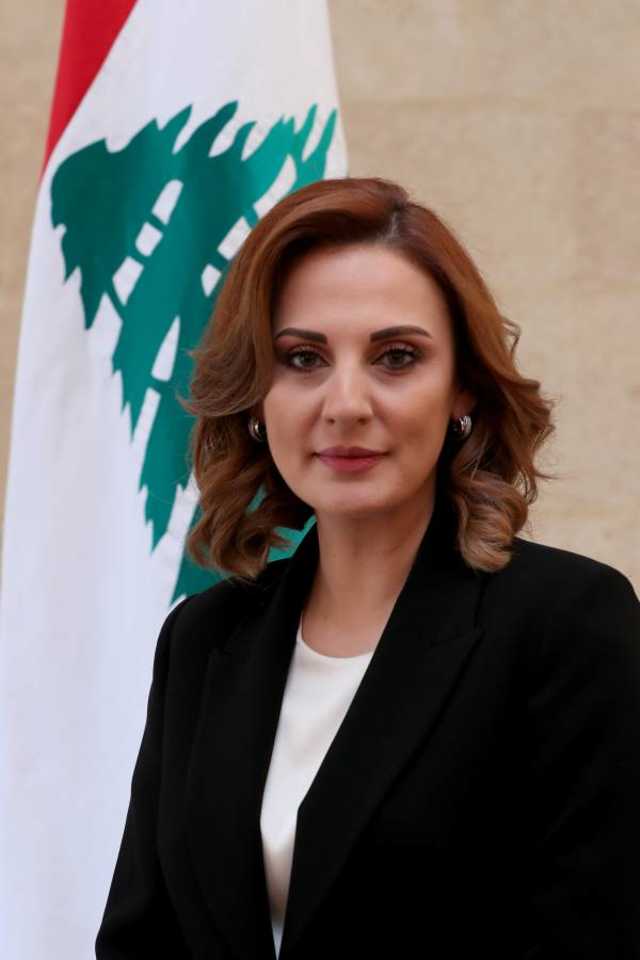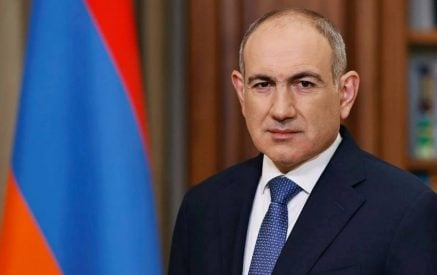Ones more about Vartine Ohanian and Lebanon’s newly-formed government
The Armenian Weekly. Vartine Ohanian has been appointed to serve in Lebanon’s newly-formed government, which would make her the first female Armenian cabinet member in the country’s history. Armenians make up approximately four-percent of the population in Lebanon. Ohanian’s candidacy as Youth and Sports Minister was submitted by the Armenian Revolutionary Federation (ARF). Her appointment still needs the approval of Parliament.
A social worker, Ohanian is the director of the Zvartnotz Educational Center and joins five other women in the cabinet, including the first female Defense Minister and Vice Prime Minister Zeina Akar. The 36-year-old attended the Yeghishe Manoukian College, graduated from the Institute of Social Sciences and received her masters degree in social psychology from Lebanese University. She also holds a project management certificate from Haigazian University.
Lebanon has been in turmoil and without a government since October 2019 following the forced resignation of then-Prime Minister Saad Hariri due to corruption and a sectarian system perceived favorable to the elite. After 33 days of negotiations and months of protests and demonstrations, Hezbollah-backed and newly named Prime Minister Hassan Diab announced the formation of a government of 20 ministers on Tuesday, January 21 following a meeting with President Michel Aoun and Speaker of the House Nabih Berri.
Read also
According to Diab, a former engineering professor at the American University of Beirut, “This is a government that represents the aspirations of the demonstrators who have been mobilized nationwide for more than three months,” and which “will strive to meet their [protesters’] demands for an independent judiciary, for the recovery of embezzled funds, for the fight against illegal gains.”
Despite Diab’s pledge for reform, protesters again took to the streets after the announcement of the new Lebanese government, as they have since October 17, blocking roads and highways in the Beirut capital and several other cities. Protesters have been unsatisfied with the new government and have been relentlessly calling for complete change and sweeping reforms. Their primary demand throughout this revolution has been a government of independent technocrats capable of resolving the worst economic crisis in Lebanon since the 1975-90 civil war.






















































